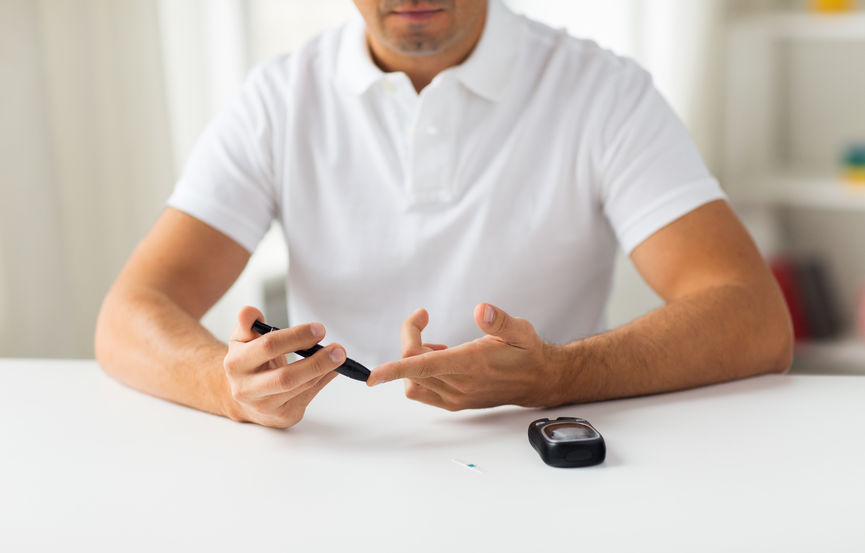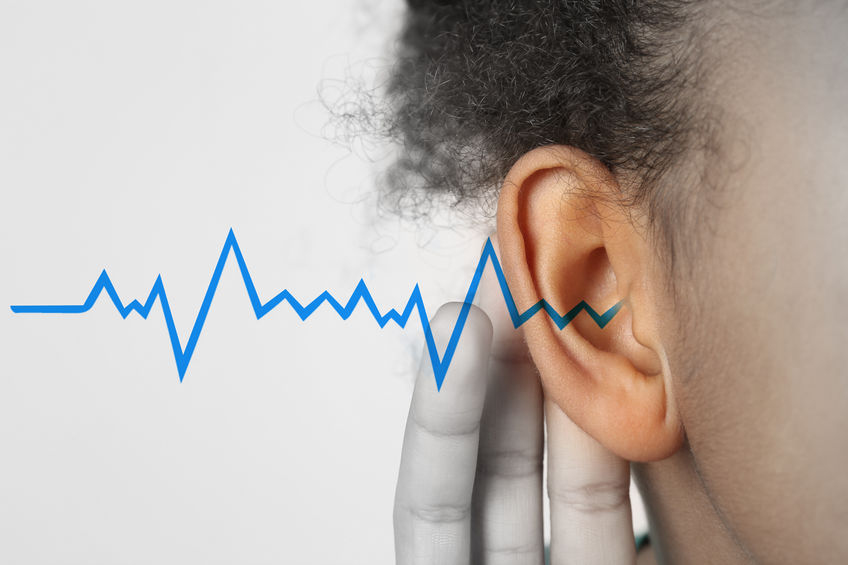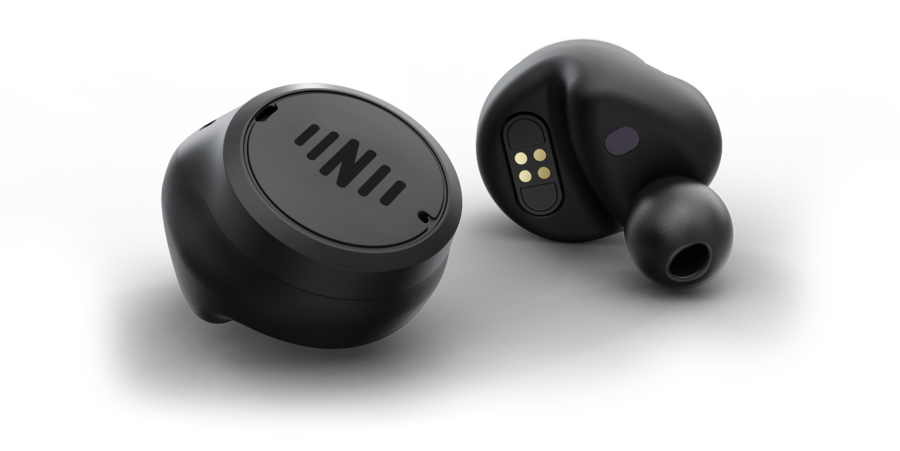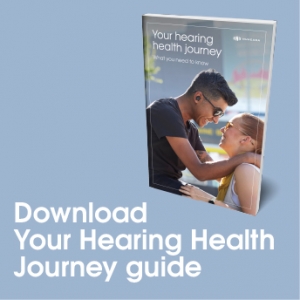What is Diabetes?
Diabetes obstructs the body’s ability to produce and manage insulin efficiently. Causing glucose to build up in the bloodstream instead of feeding hungry cells. The Diabetes Research Institute Foundation reports significant growth in the volume of persons diagnosed with the disease is on the rise. According to their numbers, cases increased more than 50 percent in the last decade.
There are different types of diabetes; all types are very complex and serious. The three main types of diabetes are Type 1, Type 2 and gestational diabetes.
Diabetes is a complex condition which can impact the entire body. Managing the condition requires daily self-care. Additionally, if problems arise, diabetes causes major quality of life issues for some.
Whilst at present there is no cure for diabetes, persons with the condition who manage it effectively live a fulfilled and happy life.

Can Diabetes Affect Your Hearing?
In recent years, audiologists have been seeing a growing number of patients who have diabetes and pre-diabetes. In the US, more than 34 million people (about 1 in 10 residents) have diabetes. Another 88 million (a third of the population) have pre-diabetes, estimates the US Centers for Disease Control and Prevention (CDC).
Like diabetes, hearing loss is also very prevalent with 15% of American adults reporting troubled hearing and the rate increases with age. Almost 25% of people aged 65 to 74 and 50% who are 75 and older have immobilizing hearing loss.
Common signs of hearing loss to look out for include:
- Challenges with understanding conversations, especially in groups.
- Balance issues when standing up
- Levels of volume up on the TV that are uncomfortable for others but not you
- Difficulty hearing over background noise
The Overlap Between Hearing Challenges & Blood Glucose Levels
There is a large overlap between those with hearing challenges and diabetes, according to the American Diabetes Association. They say hearing loss is twice as common in people with diabetes as it is in those who don’t have the disease.
Several studies have found that high blood sugar levels can damage the blood vessels in the inner ear. This disrupts sound reception and make it harder to hear. This abrupt onset hearing loss can affect anyone with diabetes. It isn’t refined to people of a certain age group. A study in India concluded that diabetics aged 15 to 50 were prone to high frequency hearing loss.
Yet, despite these statistics, there are currently no special clinical guidelines for how audiologists should approach treating these patients. Audiologists also are not included in the CDC’s PPOD Program. This is an initiative to recruit more providers in educating patients with diabetes about their condition.

How to Keep Diabetes from Effecting Your Hearing
Yuri Agrawal, MD, is a hearing loss researcher and assistant professor of otolaryngology at Johns Hopkins University in Baltimore. Her and her colleagues looked at hearing health information from 3,526 adults. All of who participated in a national survey to gain a greater understanding of diabetes’ effects on hearing.
She found that hearing-loss risk increases as amounts of blood sugar control, such as A1C results, get worse. Hearing loss occurs naturally for many persons as they age. Although there are a few steps that will mitigate risks of future hearing issues. These include;
- Control your blood sugar levels. Managing type 1 and type 2 diabetes can be hard at times but achieving and maintaining a good blood sugar control could keep your ears working better for longer.
- Quit smoking. Smoking increases hearing loss on its own but it also acts as a risk multiplier when in conjunction with other hearing loss risk factors.
- Use earbuds or headphones with noise cancellation. When researchers look at hearing loss, a noisy work environment is one in which you have to raise your voice to be heard. This type of setting increases your risk of hearing loss. Devices such as the IQbuds² MAX help to reduce or cancel out noise at work to protect your ears.
“Hearing should be considered a diabetes-related complication,” Agrawal states. She also says that though there are no official recommendations for hearing tests if you have diabetes. But does advise patients with diabetes to have their hearing checked annually.
'Hearing Loss and Diabetes’
Controlling #bloodsugar.
Managing type 1 & type 2 diabetes can be hard work at times, but gaining and maintaining tight blood sugar control could keep your ears sharp longer.#TheBigPicture #diabetesawareness #hearingloss #DiabetesStories #audpeeps pic.twitter.com/MjsgZn4HSv
— Clearwax (@clearwax01) June 18, 2021
“Everything you do to reduce [diabetic] complications will reduce the risk of hearing loss,” says certified diabetes educator and diabetes care researcher Ann Williams, PhD. Williams points out that diabetes educators and medical management teams have traditionally been more focused on the long-term impact of diabetes on vision. But current data outlines the importance of protecting hearing as well. “You do not want both hearing and vision impaired,” she notes.
Prevention & Treatment of Diabetes-Related Hearing Loss
Upon damaging the inner ear, subsequent hearing loss is not reversible. Therefore it’s critical manage your blood glucose carefully. Check your hearing regularly, and consult an audiologist if problems arise.
In addition, regular exercise helps ensure proper blood circulation which supports healthy ears and good hearing. Regular hearing tests provide insight into the strength of your hearing over time. If needed, treatment options can be discussed.
For those not quite ready for a hearing aid, hearables such as IQbuds² MAX offer a potentially more affordable solution. With the ability to enhance conversation clarity and reduce background noise in loud environments, the earbuds present viable situational assistance for many with mild hearing challenges.



